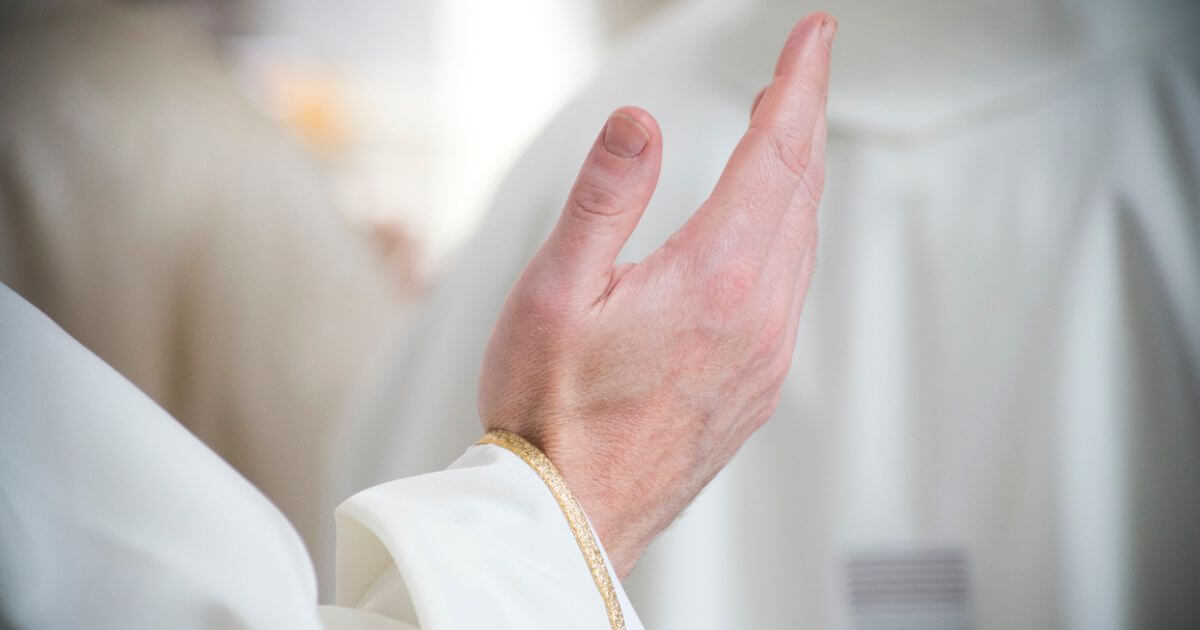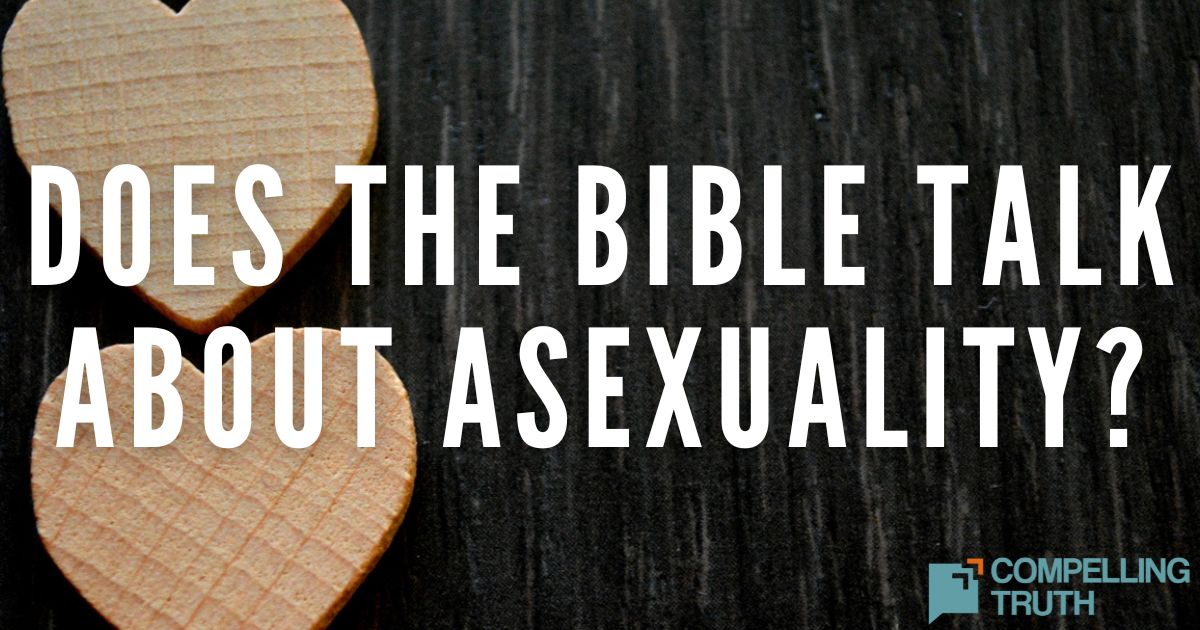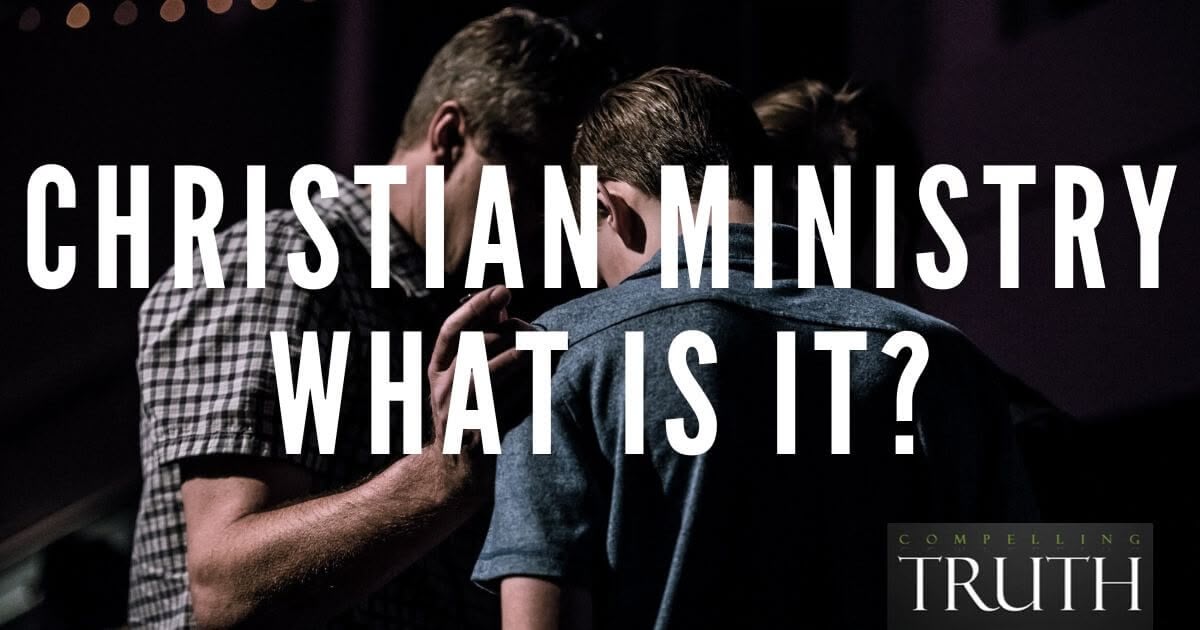A eunuch is usually defined as a man who has been castrated. A broader definition includes men who are impotent or who are voluntarily celibate. It was common in Bible times for the rulers of conquering nations to take pre-pubescent boys from among the new subjects and castrate them. The boys would be used for duties close to the king, sometimes important political roles; since eunuchs would be unable to leave a genetic legacy, it was thought they would be more loyal to their monarch. Because of their physical limitations, they were also used for harem guards and body servants of the king. Eunuchs are mentioned in various places in the Bible including the books of 2 Kings, Esther, Isaiah, Jeremiah, Daniel, Matthew, and Acts.
The good news for eunuchs is the same as it is for every person: those who follow God (give their lives to Him and trust in Him for the forgiveness of sins) will receive blessing. Eunuchs—whether natural, forced, or voluntary—suffer difficulty in this life, as do all people (John 16:33). The forfeiture of fertility, a fulfilling marriage, and children can be deeply felt. However, God promises to provide a legacy for those who are physically unable to do so if they make Him their priority. When Hannah was infertile, her husband Elkanah told her "Hannah, why do you weep? And why do you not eat? And why is your heart sad? Am I not more to you than ten sons?" (1 Samuel 1:8). God says the same to eunuchs of all eras. Eunuch or not, our eternal inheritance is from the Lord, and those who serve Him unencumbered by earthly responsibilities will hold honored places in His kingdom.




